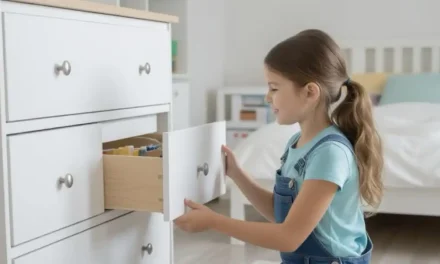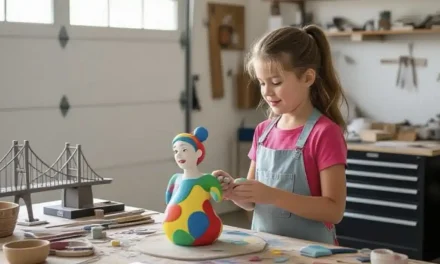
Let Them Share Their Thoughts: Greek Roots of Free Thought
L
ong before modern classrooms, ancient thinkers built a culture around questioning—welcoming not just answers but the struggle to find them. That same spirit can thrive in your home, where curiosity earns a place and wonder is something to be followed, not hushed. Be your child’s partner in expression, helping them speak with confidence and question with purpose.
One evening, my son stood outside, staring quietly at a single star. He didn’t ask anything—I did. “What do you see up there?” He hesitated, then offered, “It might be a planet.” That guess sparked others, not because I prompted them, but because he’d been given space to wonder out loud. It wasn’t my question that unlocked his thinking—it was the silence I didn’t fill. When children are trusted to shape their own thoughts, confidence follows naturally.
The more a child speaks their questions aloud, the more real those thoughts become to them. It’s not always about having the right words—it’s about trusting they’ll be heard. During a walk or a quiet evening, let them ramble or speculate. Their ideas won’t arrive polished, but they’ll be theirs. Over time, the act of voicing uncertainty strengthens the very confidence they need to explore it further.
Let them share their thoughts

Let Them Share Their Thoughts: Fierce Stakes of Silent Minds
When children stop speaking up, their confidence and creativity suffer. Learn to encourage open dialogue, build resilience, and maintain a growth mindset.

Let Them Share Their Thoughts: Modern Traps Hush Their Voice
Busy schedules and screen distractions can drown a child’s voice. Discover parenting habits that nurture self-expression, boost emotional confidence, and keep kids engaged.
Table of contents

Primordial Soup for the Mind: Navigation
Navigate the book Primordial Soup for the Mind.
TIPS
- Create a no-interruption zone during talks to build trust.
- Share your own curiosities to model open expression.
- Praise their ideas, even if simple, to boost confidence.
ACTIVITIES
- Star Talk: At night, ask, “What does that star mean to you?” Discuss for 10 minutes to spark bold ideas.
- Wonder Talk: During a walk, ask, “What are you curious about today?” Discuss for 15 minutes to encourage exploration.
EXAMPLE
My daughter shared a wild idea about clouds being “sky fluff.” I asked, “What makes them move?” and her answers grew bold, boosting her confidence in science class.

Download “Primordial Soup for the Mind: A Parent’s Guide to Nurturing Intellectual Growth”
Enter your information to get this article and hundreds more as part of the FREE book Primordial Soup for the Mind.
Share your thoughts with the Thought Academy community in the Comments section below.

Sharpen those skills!
Enter your information to get our FREE practice exercises so you can hone your critical thinking and reasoning skills!







0 Comments